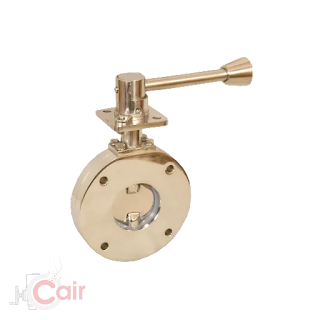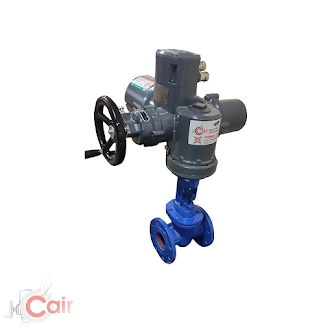Quality Control and Standards: How Sluice Valve Manufacturers Ensure Reliability
Sluice valves play a crucial role in regulating fluid flow within pipelines and industrial systems. Their reliability is paramount to prevent leaks, ensure optimal performance, and maintain safety standards. In this article, we delve into the meticulous processes employed by sluice valve manufacturers to guarantee quality control and adhere to rigorous standards, ultimately ensuring the reliability of these essential components.
Sluice valves, also known as gate valves, are integral components in various industries, including water distribution, oil and gas, manufacturing, and more. Their efficient functioning is not only essential for the seamless operation of these industries but also for preventing potential hazards.
Importance of Reliability in Sluice Valves
Reliability is paramount when it comes to sluice valves. Any failure or malfunction can lead to catastrophic consequences, ranging from leaks that damage equipment to environmental hazards. Manufacturers recognize the need to uphold high standards to ensure the consistent and dependable performance of their valves.
Materials Selection for Durability
The foundation of a reliable sluice valve lies in the materials used for its construction. Manufacturers carefully select materials that offer resistance to corrosion, erosion, and high-pressure conditions. This selection process involves considering factors such as fluid composition, temperature variations, and external environmental factors.
Precision Engineering and Manufacturing
The manufacturing process of sluice valves involves precision engineering. Advanced techniques such as computer-aided design (CAD) and computer numerical control (CNC) machining ensure that each component is accurately produced. This precision contributes to the overall reliability of the valve.
Stringent Quality Testing
Quality control begins during the manufacturing process and extends to rigorous testing. Valves undergo various assessments, including pressure tests, leak tests, and endurance tests. Only those valves that meet or exceed the predetermined standards move forward in the manufacturing process.
Adherence to Industry Standards
Manufacturers adhere to industry-specific standards and regulations. These standards often encompass design, materials, performance, and safety criteria. Compliance ensures that the valves meet the requirements of various applications and function reliably under diverse conditions.
Continuous Improvement Initiatives
The pursuit of reliability is an ongoing endeavor. Manufacturers invest in continuous improvement initiatives to enhance their products' performance. This involves analyzing failures, soliciting customer feedback, and implementing design modifications.
Training and Skill Development
Skilled personnel are essential for maintaining quality standards. Manufacturers invest in the training and development of their workforce to ensure that each valve is crafted and tested by knowledgeable professionals.
Environmental Considerations
Modern sluice valve manufacturing is increasingly focused on sustainability. Manufacturers incorporate eco-friendly materials and processes that minimize the environmental impact while producing reliable valves.
Supply Chain Management
Reliability extends to the entire supply chain. Manufacturers collaborate closely with suppliers to ensure the consistency and quality of raw materials. This cohesive approach prevents potential issues from arising downstream.
Cost-Effective Reliability
Balancing reliability with cost-effectiveness is a challenge manufacturers face. Achieving the highest level of reliability without compromising affordability requires careful planning and resource management.
Global Compliance and Certifications
For valves to be accepted globally, they must meet international standards and certifications. Manufacturers obtain certifications that demonstrate their commitment to producing reliable, compliant products.
The Role of Technology
Technology plays a pivotal role in improving the reliability of sluice valves. Innovations such as real-time monitoring, predictive maintenance, and data analytics contribute to proactive measures that prevent failures.
Future Trends in Sluice Valve Manufacturing
The future of sluice valve manufacturer is promising. Trends include the integration of IoT devices for remote monitoring, the use of advanced materials, and the adoption of sustainable practices that enhance both reliability and environmental consciousness.
Conclusion
In the intricate landscape of industrial operations, the reliability of sluice valves cannot be overstated. Manufacturers diligently implement stringent quality control measures, adhere to industry standards, and harness technological advancements to ensure that their valves perform consistently and dependably. By embracing continuous improvement and sustainable practices, they pave the way for safer and more efficient industrial processes.



Comments
Post a Comment